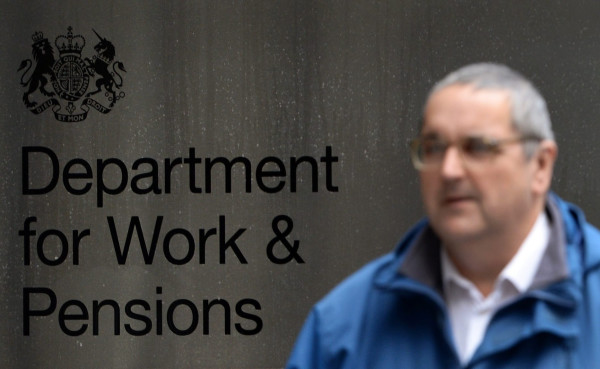

According to an answer by minister for Pensions and Financial Inclusion Guy Opperman to a written question on June 13, the DWP has teamed up with TPR to work out the best way to improve the information schemes provide their members.
The DWP has also engaged with the Financial Conduct Authority (FCA) on its proposals to improve the information received by pension scheme members.
As part of a consultation aimed at making retirees do the best they can with their pension pots (published June 28), the FCA proposed changes to wake up packs, which will come into force from November 2019.
Wake-up packs will be issued to savers on their fiftieth birthday and will have to include a generic warning on the risks around accessing a pension pot.
Alongside the new one page wake-up pack, pension providers must also give risk warnings on a single side of A4 paper.
Mr Opperman said: "The department is working with TPR as to how best to introduce equivalent measures for occupational pension schemes and will also seek to involve industry stakeholders such as the Association of British Insurers in this work."
The government considers that providing people with the right information about their pensions at the right time in their life can be key in helping them make more effective decisions about their savings, Mr Opperman said, adding that "it is sensible to tailor communications to people’s circumstances".
In his answer, Mr Opperman said: "There will be some differences in the information someone in work would find more helpful than someone aged 75 or over who is already retired.
"It is important, however, that all savers are alerted to the risks posed by pension scams and we welcome the inclusion of that messaging in the approach proposed by the ABI."
On June 3, the ABI published a guidance document which focused on raising awareness of the risks that consumers face at different ages as they approach retirement.
It recommended that savers receive three different forms of risk warnings at ages 50, then 55 to 70, and then at age 75. The different warnings would cover scams and contributions for the younger groups, and then tax, life expectancy and power of attorney risks for the older groups – for example.
However, Geoff Buck, a committee member at the Association of Member-Directed Pension Schemes has previously warned that wake-up packs could be seen as junk mail as individuals will receive these packs from multiple providers.
Mr Buck said: "Individuals who are receiving these wake-up packs but may not necessarily be thinking about retirement could easily discard these as junk mail and could be missing out on important messages on retirement saving."
The reform to wake-up packs are expected to add a total one off cost of £19.8m to about 180 firms’ balance sheets, alongside an ongoing cost of up to £5.9m from sending out more packs, attracting additional customer contacts and a decrease in profits from consumers shopping around for annuities.
amy.austin@ft.com
What do you think about the issues raised by this story? Email us on fa.letters@ft.com to let us know



